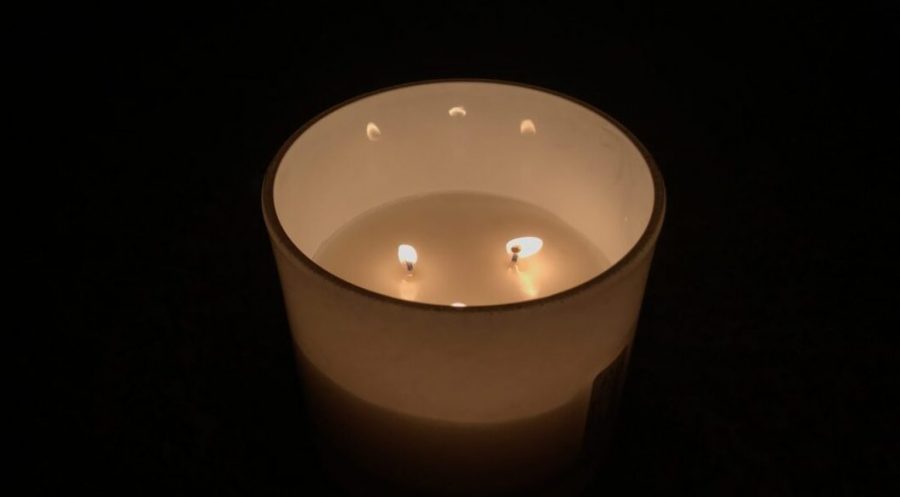Every morning when the blaring sound of sophomore Jordan Kuhnert’s alarm clock rudely awakens her short sleep at 5:30 a.m., she dutifully drags herself out of bed to face another busy day. After her 7:45 a.m. band rehearsal for two hours and 45 minutes on A days, and one hour and 10 minutes on B days, she goes through a full day of school.
Even though she would love to go home to get some rest, Kuhnert then goes to cheerleading or tumbling practice. She finally arrives at her house at 7 p.m. then stays up past midnight to finish Advanced Placement (AP) World History homework and study for any upcoming tests.
After only five hours of sleep, Kuhnert’s day begins again.
“I sometimes find myself getting really tired in my classes if I’m just sitting and listening to a lesson or when we’re watching a video,” Kuhnert said. “It’s pretty much to the point where I can barely keep my eyes open, but if I move around usually I can shake it off.”
As a member of RBHS’ marching band, the Emerald Regiment, a student and a varsity cheerleader, Kuhnert is always wishing for more time to complete her schoolwork.
When students age, the amount of homework can increase. Instead of procrastination causing stress, students overbook themselves with extracurricular activities on top of school, leading to less time to do their assignments.
A study conducted by the American Psychological Association (APA) found that time management was key to helping students control their stress; participants of the study said they were less overwhelmed when they felt they had control over their time.
“I always feel like I need more time,” Kuhnert said. “Most nights I get home at 7 p.m. or 8 p.m. and still have homework; 24 hours is definitely not enough.”
Becky Allen, an assistant professor from the Moberly Area Community College (MACC), says there are multiple ways to help reduce stress, but the alleviators depend on the nature of the stressor, the person and their preferred coping skill.
Allen says one has to first get a handle on what exactly the stressor is and find social support in the form of friends and family who can listen and give good advice. While she realizes that talking will not solve all problems, Allen says it assists in getting rid of stress.
“There are helpful things we can do to deal with our issues, and it’s important to find the things that work for you,” Allen said. “Some of these could be taking a walk; any type of exercise would certainly help. [Hang out] with a friend, listen to music, read, take a nap or meditate. It’s [also] important to remind yourself that everything will be ok.”
While finding time to sleep may be difficult for those who have many things to do before the day ends, Allen says when someone gets more sleep, they’ll be happier and more efficient during the day because, without enough sleep, people work more slowly.
“You really need to get ahold of your schedule,” Allen said. “Keep track of what needs to be done and when, how long things will take and when is the optimal time for you to do these things. For instance, I never grade papers late at night [because] I’m too tired, and it takes me three times as long.”
Categories:
Clocks block scheduling opportunities
November 14, 2017

0
Tags:
More to Discover



















































































